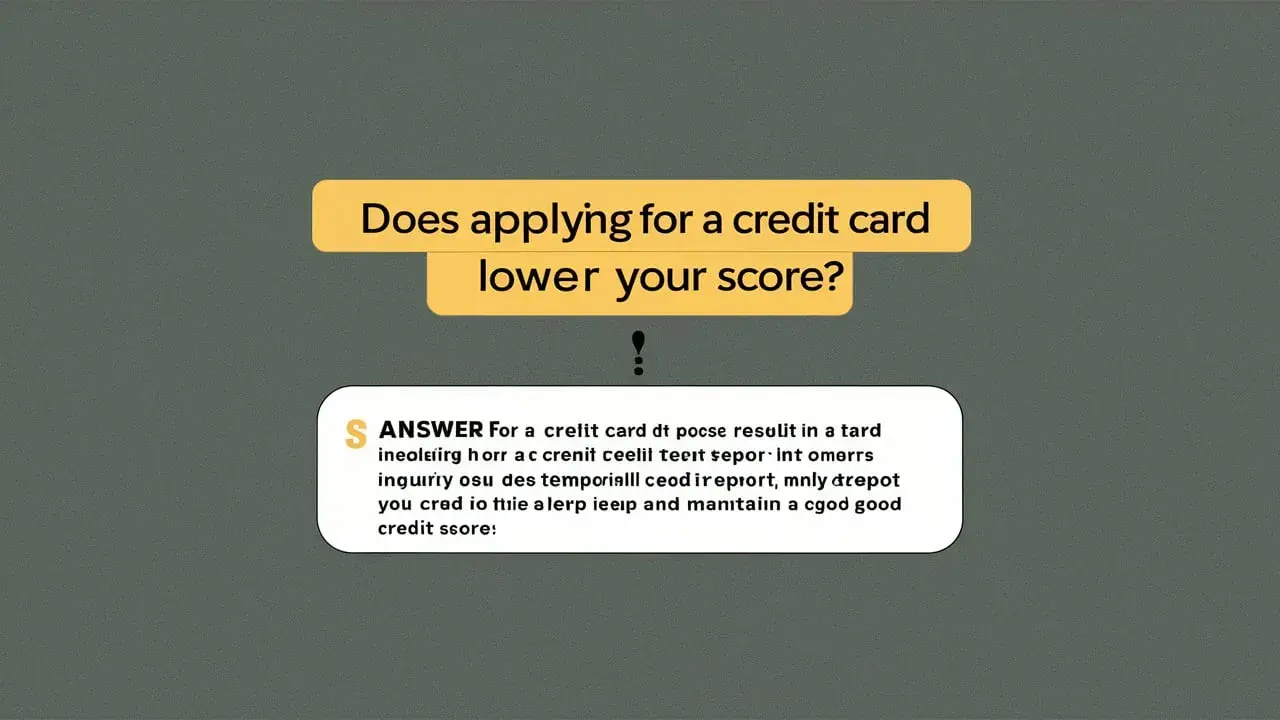-
Posted on: 21 Dec 2022

-
Debt can feel like a crushing weight, impacting your financial well-being and overall quality of life. But the good news is, it's not insurmountable. With a strategic approach, disciplined effort, and the right resources, you can break free from the shackles of debt and pave the way for a brighter financial future. Credit Repair Ease is here to guide you through the process of understanding your debt, creating a plan to tackle it, and ultimately, achieving financial freedom.
Understanding Your Debt: The First Step to Freedom
Before you can start paying off your debt effectively, you need a clear picture of exactly what you owe. This involves gathering all your financial information and compiling a detailed list of your debts.
1. List All Your Debts
Create a spreadsheet or use a budgeting app to list all your outstanding debts. Include the following information for each debt:
- Creditor: The company or institution you owe money to (e.g., credit card company, bank, student loan servicer).
- Type of Debt: (e.g., credit card, student loan, personal loan, auto loan, mortgage).
- Interest Rate: The annual percentage rate (APR) you're being charged.
- Minimum Payment: The minimum amount you must pay each month.
- Outstanding Balance: The total amount you currently owe.
2. Calculate Your Total Debt
Add up all the outstanding balances to determine your total debt. Seeing the total amount in black and white can be daunting, but it's a crucial step in facing your financial situation head-on.
3. Analyze Your Spending Habits
Understanding where your money goes each month is essential for identifying areas where you can cut back and free up cash for debt repayment. Track your spending for a month or two using a budgeting app, spreadsheet, or even a notebook. Analyze your expenses and categorize them (e.g., housing, food, transportation, entertainment, utilities).
Proven Strategies to Pay Off Debt Fast
Once you have a clear understanding of your debt and spending habits, you can start implementing strategies to pay off your debt faster. Here are some popular and effective methods:
1. The Debt Snowball Method
The debt snowball method focuses on building momentum by paying off your smallest debt first, regardless of the interest rate. This provides quick wins that can motivate you to continue paying down your debt. Here's how it works:
- List your debts from smallest balance to largest balance.
- Make minimum payments on all debts except the smallest one.
- Throw every extra dollar you can at the smallest debt until it's paid off.
- Once the smallest debt is paid, move on to the next smallest debt, adding the payment you were making on the previous debt to the minimum payment.
- Continue this process until all your debts are paid off.
Pros: Highly motivating, provides quick wins, good for those who need psychological encouragement.
Cons: May not be the most mathematically efficient method if you have high-interest debt.
2. The Debt Avalanche Method
The debt avalanche method prioritizes paying off the debt with the highest interest rate first. This saves you the most money in the long run by minimizing the amount of interest you pay. Here's how it works:
- List your debts from highest interest rate to lowest interest rate.
- Make minimum payments on all debts except the one with the highest interest rate.
- Throw every extra dollar you can at the highest interest rate debt until it's paid off.
- Once the highest interest rate debt is paid, move on to the next highest interest rate debt, adding the payment you were making on the previous debt to the minimum payment.
- Continue this process until all your debts are paid off.
Pros: Saves you the most money in the long run, mathematically efficient.
Cons: Can be less motivating than the debt snowball method as it may take longer to see initial progress.
3. Debt Consolidation
Debt consolidation involves taking out a new loan to pay off multiple existing debts. This can simplify your payments and potentially lower your interest rate. Common debt consolidation options include:
- Personal Loans: Unsecured loans that can be used for any purpose, including debt consolidation.
- Balance Transfer Credit Cards: Credit cards with a 0% introductory APR on balance transfers, allowing you to transfer high-interest credit card debt and pay it off interest-free for a limited time.
- Home Equity Loans or Lines of Credit (HELOCs): Secured loans that use your home as collateral, potentially offering lower interest rates but also posing the risk of foreclosure if you can't repay the loan.
Important Considerations:
- Interest Rates and Fees: Compare interest rates, origination fees, and other costs associated with the consolidation loan.
- Loan Terms: Consider the repayment term of the loan and how it will affect your monthly payments and total interest paid.
- Discipline: Make sure you don't run up new debt on the credit cards you consolidate.
4. Negotiate with Creditors
Don't be afraid to contact your creditors and negotiate lower interest rates, payment plans, or even debt forgiveness. Many creditors are willing to work with you, especially if you're experiencing financial hardship. Explain your situation and be prepared to provide documentation to support your claim.
5. Create a Budget and Stick to It
A budget is your roadmap to financial freedom. It helps you track your income and expenses, identify areas where you can save money, and allocate funds for debt repayment. There are many budgeting methods to choose from, including:
- The 50/30/20 Rule: Allocate 50% of your income to needs, 30% to wants, and 20% to savings and debt repayment.
- Zero-Based Budgeting: Allocate every dollar of your income to a specific category, ensuring that your income minus your expenses equals zero.
- Envelope Budgeting: Use cash for specific spending categories (e.g., groceries, entertainment) to help you stay within your budget.
Find a budgeting method that works for you and stick to it. Regularly review your budget and make adjustments as needed.
6. Increase Your Income
Finding ways to increase your income can significantly accelerate your debt repayment efforts. Consider the following options:
- Freelancing or Gig Work: Offer your skills and services on platforms like Upwork, Fiverr, or TaskRabbit.
- Part-Time Job: Take on a part-time job in the evenings or weekends.
- Sell Unwanted Items: Declutter your home and sell items you no longer need on platforms like eBay, Craigslist, or Facebook Marketplace.
- Ask for a Raise: If you've consistently performed well at your job, consider asking for a raise.
7. Cut Expenses Ruthlessly
Identify areas where you can cut back on your spending. Even small changes can add up over time. Consider these options:
- Cancel Unused Subscriptions: Review your subscriptions and cancel any you don't use.
- Cook Meals at Home: Eating out can be expensive. Cook more meals at home and pack your lunch.
- Lower Utility Bills: Conserve energy by turning off lights, unplugging electronics, and using energy-efficient appliances.
- Shop Around for Insurance: Compare rates from different insurance providers to find the best deal.
- Negotiate Bills: Contact your service providers (e.g., internet, cable) and negotiate lower rates.
8. Avoid Taking on More Debt
While you're working to pay off your existing debt, it's crucial to avoid taking on any new debt. Put a temporary freeze on using credit cards unless absolutely necessary and avoid taking out new loans.
The Role of Credit Repair in Debt Management
While paying off debt is the primary goal, maintaining or improving your credit score is also important. A good credit score can help you qualify for lower interest rates on future loans and credit cards, saving you money in the long run. Credit Repair Ease offers comprehensive credit repair services to help you:
- Identify and dispute inaccurate or outdated information on your credit report.
- Negotiate with creditors to remove negative items from your credit report.
- Provide guidance on building and maintaining a healthy credit score.
Consider consulting with Credit Repair Ease to assess your credit situation and develop a personalized credit repair plan.
The Importance of Patience and Perseverance
Getting out of debt takes time and effort. There will be setbacks and challenges along the way. It's important to be patient with yourself and to persevere even when you feel discouraged. Celebrate your successes along the way and remember that every small step you take brings you closer to your goal of financial freedom.
Seeking Professional Help
If you're struggling to manage your debt on your own, don't hesitate to seek professional help. Credit counseling agencies can provide you with unbiased financial advice and help you develop a debt management plan. They can also negotiate with your creditors on your behalf.
When to Consider Credit Counseling
- You're struggling to make minimum payments on your debts.
- You're considering bankruptcy.
- You're overwhelmed by your debt and don't know where to start.
- You want to develop a personalized debt management plan.










